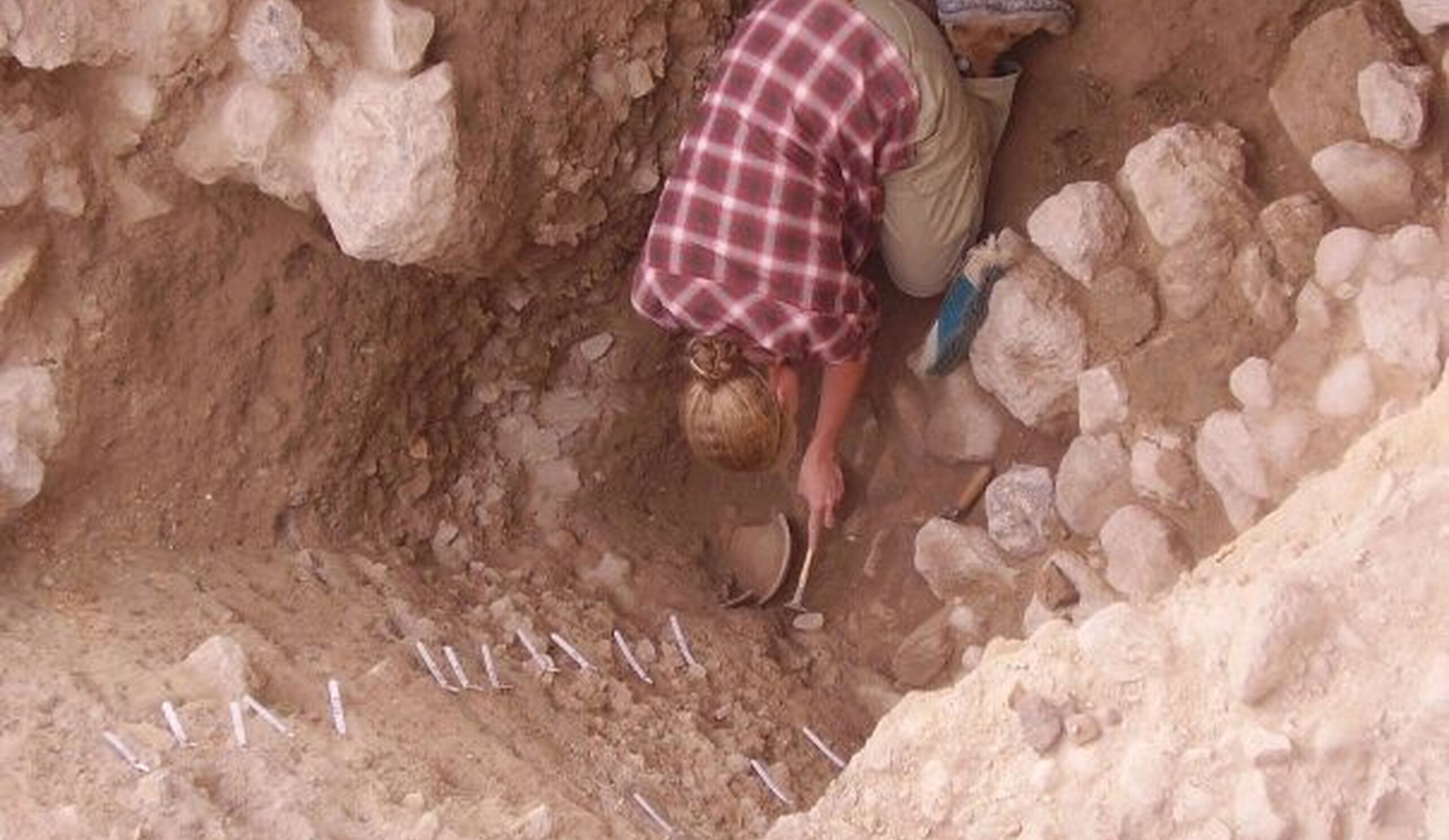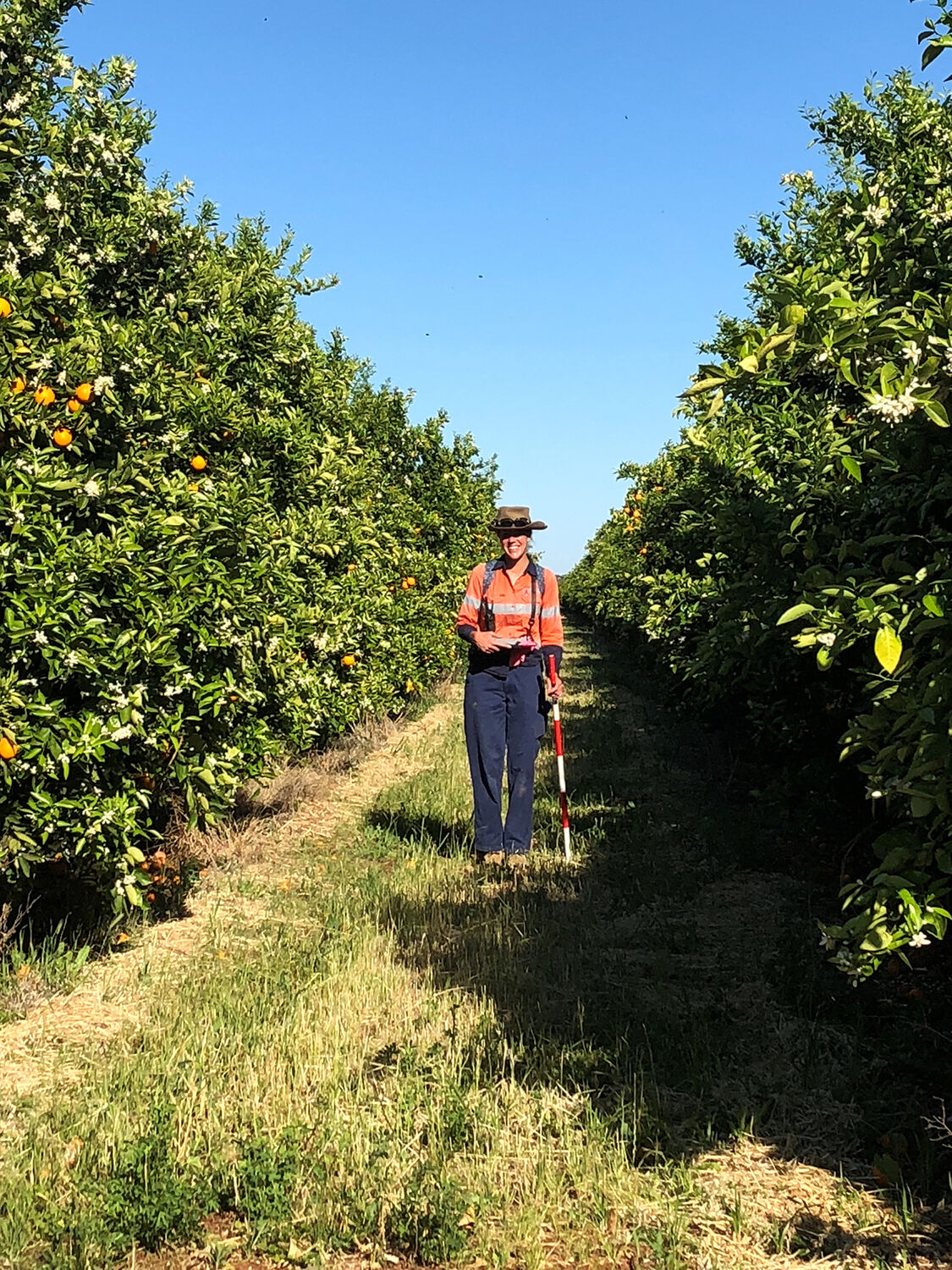5 July 2021
Since then she has travelled around Australia and the world as an archaeologist.
Amy has recently moved back to South Australia after working for the past 5 years in Hobart, Tasmania, and around regional New South Wales. Today she is the Senior Heritage Officer at the Department of the Premier and Cabinet, Government of South Australia, focusing on Aboriginal affairs and reconciliation.
Her job involves surveying undeveloped sites with her team and local Aboriginal representatives to locate any Aboriginal artefacts or sites prior to intended developments. The artefacts are reported and analysed, and sometimes salvaged and moved to other places so they cannot be further disturbed. After a process that can take years it is then decided whether the development can be approved. Currently, if there is disturbance of an Aboriginal site Amy and her team investigate the location to see if the person who disturbed the site can be prosecuted.
In Year 12 Amy had intentions of becoming a nurse, so chose to study biology and nutrition. After graduating from Pembroke she started nursing but immediately realised she didn’t enjoy it. After spending time reflecting on what she wanted to do she decided to begin studying to become an archaeologist. She had always loved history, as her dad was a History teacher and had wanted to be an archaeologist as a young child. Despite not studying History in Year 12, Amy’s knowledge in previous years was sufficient for her to begin her studies at Flinders University.
Her career has involved a lot of travelling, something Amy says you must be willing to commit to if you want to be an archaeologist. One of Amy’s career highlights was when she was given the opportunity to travel to Jordan. She and her team spent a month there immersed in the culture as they worked on a site that had been occupied continuously from the Bronze Age until the Islamic period. Back in Australia one of her favourite trips was the first she did to the Pilbara, Western Australia. ‘The Aboriginal groups there taught me all these amazing things that I never thought I would learn, like hunting animals and how to skin a goanna’, she said.
The highlight of Amy’s time at Pembroke was her Rowing career. While at School she loved the friendships and sense of community that Rowing brought, and since arriving back in Adelaide she has joined the Pembroke Masters Rowing crew. Her time as a rower helped with her career, as teamwork skills are so important in communicating with her archaeology team and the Aboriginal representatives they work with.
Amy feels that Pembroke’s encouragement of independent learning greatly helped her in succeeding at university. Likewise, Pembroke’s physical programs such as Outdoor Education, Physical Education and co-curricular Sport were of great benefit to her. These programs encouraged Amy to maintain her physical and mental wellbeing, things that are very important in her job, as she and her team spend weeks digging holes and scoping remote landscapes as they look for artefacts.
Passionate about seeing a change in current legislation around the protection of Aboriginal heritage, Amy is disappointed in the lack of sufficient nationwide laws. She is hopeful that in years to come this will change.
Amy greatly encourages students considering this career path to study ancient studies and Aboriginal history, and to get involved in co-curricular activities. She believes that the skills learnt will be vital for the future. Additionally she strongly encourages volunteering at universities and museums as much as possible, as building networks in this area is invaluable. She said, ‘I spend days working in the office and weeks travelling in the bush. It is the variation that I love’.
Charlotte S
(Yr 11)



